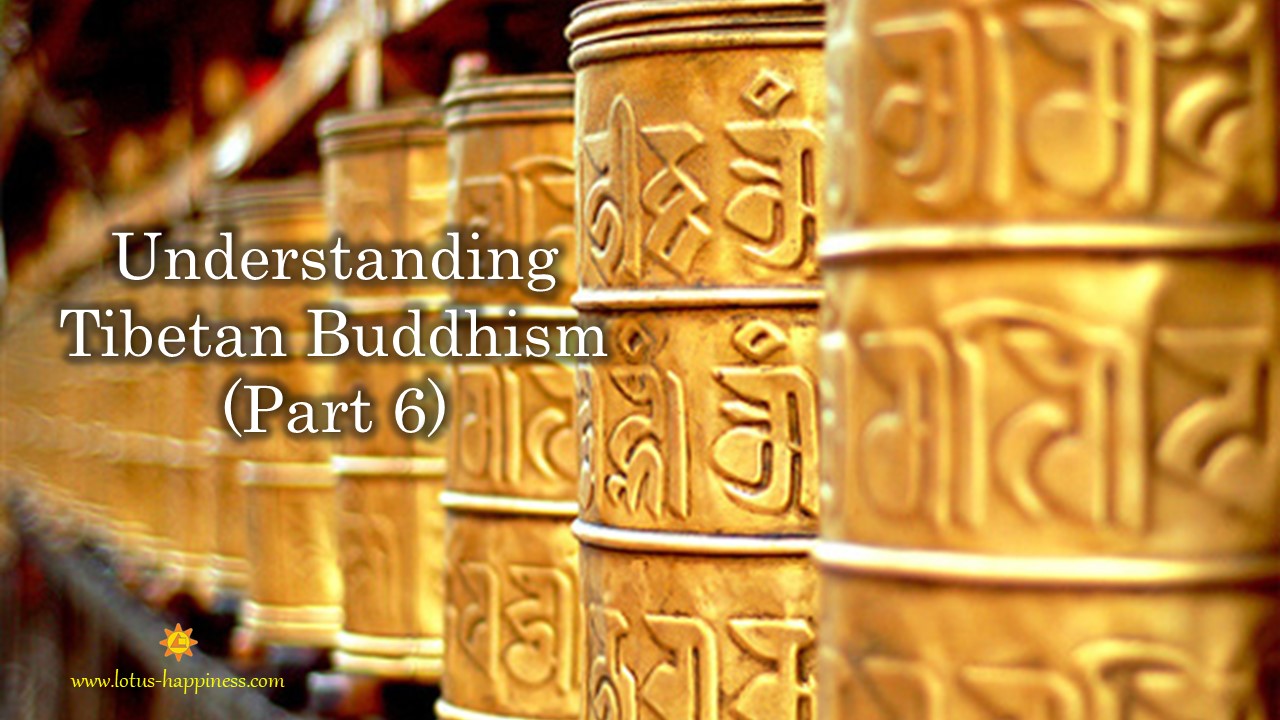Buddha’s Teachings in the Pali Canon Series: Seven Treasures of Virtue
Quotes by eminent Buddhist teachers such as 14th Dalai Lama Tenzin Gyatso, Thich Nhat Hanh, Master Hsing Yun, Venerable Cheng Yen, 17th Karmapa Ogyen Trinley Dorje as well as Daisaku Ikeda are predominantly about nuggets of wisdom related to virtues for personal growth and development.
If you want to learn practical wisdom directly from Shakyamuni Buddha himself, seek no further than the Pali Canon. It is the primary source from which we can learn directly from the Buddha himself.
In AN 7.5 Dhana Sutta: Treasure, the Buddha taught the Seven Treasures of Virtue that will bring abundance and good fortune for all who practice these virtues.
So, what are the Seven Treasures? Let us learn from the quotes extracted from AN 7.5 Dhana Sutta:
Treasure #1: Conviction
“And what is the treasure of conviction? There is the case where a disciple of the noble ones has conviction, is convinced of the Tathagata’s Awakening: ‘Indeed, the Blessed One is worthy and rightly self-awakened, consummate in knowledge & conduct, well-gone, an expert with regard to the world, unexcelled as a trainer for those people fit to be tamed, the Teacher of divine & human beings, awakened, blessed.’ This is called the treasure of conviction.
Treasure #2: Virtue
“And what is the treasure of virtue? There is the case where a disciple of the noble ones abstains from taking life, abstains from stealing, abstains from illicit sexual conduct, abstains from lying, abstains from taking intoxicants that cause heedlessness. This, monks, is called the treasure of virtue
Treasure #3: Conscience
“And what is the treasure of conscience? There is the case where a disciple of the noble ones feels shame at [the thought of engaging in] bodily misconduct, verbal misconduct, mental misconduct. This is called the treasure of conscience.
Treasure #4: Concern
“And what is the treasure of concern? There is the case where a disciple of the noble ones feels concern for [the suffering that results from] bodily misconduct, verbal misconduct, mental misconduct. This is called the treasure of concern.
Treasure #5: Listening
“And what is the treasure of listening? There is the case where a disciple of the noble ones has heard much, has retained what he/she has heard, has stored what he/she has heard. Whatever teachings are admirable in the beginning, admirable in the middle, admirable in the end, that — in their meaning and expression — proclaim the holy life that is entirely complete and pure: those he/she has listened to often, retained, discussed, accumulated, examined with his/her mind, and well-penetrated in terms of his/her views. This is called the treasure of listening.
Treasure #6: Generosity
“And what is the treasure of generosity? There is the case of a disciple of the noble ones, his awareness cleansed of the stain of stinginess, living at home, freely generous, openhanded, delighting in being magnanimous, responsive to requests, delighting in the distribution of alms. This is called the treasure of generosity.
Treasure #7: Discernment
“And what is the treasure of discernment? There is the case where a disciple of the noble ones is discerning, endowed with discernment of arising & passing away — noble, penetrating, leading to the right ending of stress. This is called the treasure of discernment.”
With that, let us enjoy a poetry that summarizes the essence of the Seven Treasures:
These, monks, are the seven treasures.
The treasure of conviction,
the treasure of virtue,
the treasure of conscience & concern,
the treasure of listening, generosity,
& discernment as the seventh treasure.
Whoever, man or woman, has these treasures
is said not to be poor, has not lived in vain.
So conviction & virtue, confidence & Dhamma-vision
should be cultivated by the wise,
remembering the Buddhas’ instruction.












